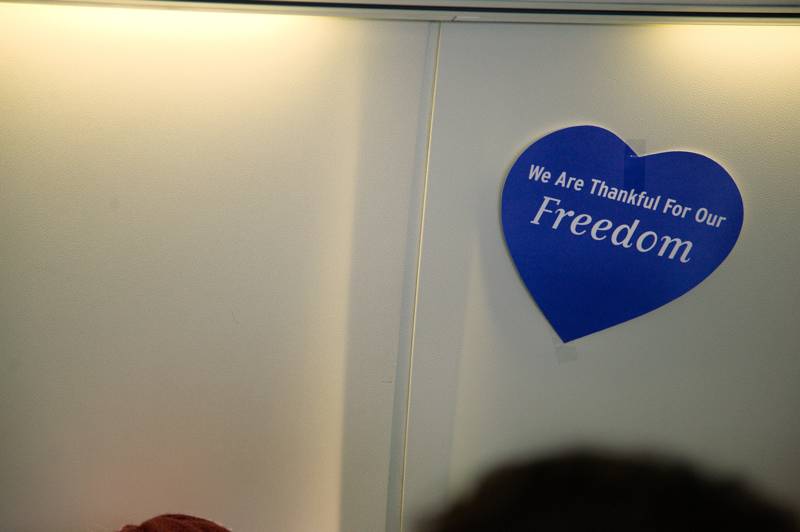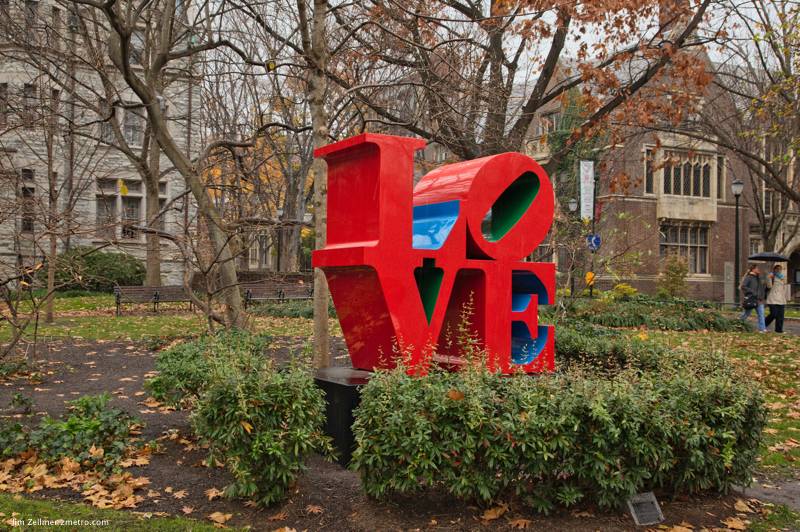“First generation [corn] ethanol I think was a mistake. The energy conversion ratios are at best very small.”
– Al Gore, speaking at a Green Energy Conference on November 22, 2010
“Ethanol is not an ideal transportation fuel. The future of transportation fuels shouldn’t involve ethanol.”
– Secretary of Energy Steven Chu, November 29, 2010
No one knows what brought on the blast of political honesty in the last eight days of November. Having been a rabid ethanol booster for most of his political career, there was former Vice President Al Gore reversing course and apologizing for supporting ethanol. Of course Gore’s reason for taking that position was perfectly understandable — for a politician. As he told the Athens energy conference attendees, “One of the reasons I made that mistake is that I paid particular attention to the farmers in my home state of Tennessee, and I had a certain fondness for the farmers of Iowa because I was about to run for President.”
Translated from politics-speak into English, pandering to farmers gets votes. But if your claimed position is to plan some sort of energy policy for everyone else, then getting farmers’ votes shouldn’t determine what’s the right thing to do for the nation’s fuel supplies.
Category: Current Events
Doyen of Type Design: The most-read man in the world
MATTHEW CARTER, a type designer and the recipient of a MacArthur genius grant, was recently approached in the street near his home in Cambridge, Massachusetts. A woman greeted him by name. “Have we met?” Mr Carter asked. No, she said, her daughter had pointed him out when they were driving down the street a few days before. “Is your daughter a graphic designer?” he inquired. “She’s in sixth grade,” came the reply.
Mr Carter sits near the pinnacle of an elite profession. No more than several thousand type designers ply the trade worldwide, only a few hundred earn their keep by it, and only several dozens–most of them dead–have their names on the lips of discerning aficionados. Then, there is Mr Carter. He has never sought recognition, but it found him, and his underappreciated craft, in part thanks to a “New Yorker” profile in 2005. Now, even schoolchildren (albeit discerning ones) seem to know who he is and what he does. However, the reason is probably not so much the beauty and utility of his faces, both of which are almost universally acknowledged. Rather, it is Georgia and Verdana. Mr Carter conjured up both fonts in the 1990s for Microsoft, which released them with its Internet Explorer in the late 1990s and bundled them into Windows, before disseminating them as a free download.
Primary Flight
Primary Flight is Miami’s original open air museum and street level mural installation that takes place annually throughout the Wynwood Arts District and the Miami Design District. Primary Flight is arguably the world’s largest event of its kind, having featured over 250 world class artists from around the globe since its inception, the majority of whom travel to Miami during Art Basel. Artists from all walks of contemporary art headline our annual event, collaborating on high profile walls throughout Miami’s urban landscape. Maps outlining the installation are circulated, providing patrons with an opportunity to view the works in progress.
Bond deal puts San Francisco’s Asian Art Museum on brink
The great and the good who sit on the board of San Francisco’s prestigious Asian Art Museum are grappling with problems that run deeper than reviving recession-hit visitor numbers or repairing a dented endowment fund.
A financial derivative gone bad is threatening to become the last straw that tips the museum into bankruptcy – unless a stand-off involving the city and two prominent US financial institutions can be resolved within the next two weeks.
The museum’s problems have touched off a war of words in recent days. Dennis Herrera, San Francisco’s city attorney, fired off letters last week to JPMorgan Chase and bond insurer MBIA, accusing them of taking millions of dollars in fees from the city while washing their hands of the problems to which they have contributed.
“The city’s involvement is not just for the city attorney to write a letter and say it’s everyone else’s problem,” retorted Mitchell Sonkin, chief portfolio officer at MBIA. The city itself had short-changed the museum in recent years, forcing it to draw more heavily on its endowment, and should take part in a rescue.
Regulators Look at Farming Landscape
Food prices are back on the march, and the powerful U.S. farm lobby faces a day of reckoning on Wednesday as the Obama administration wraps up a yearlong study into competition and consolidation in the agricultural sector.
The Departments of Justice and Agriculture are holding their fifth and final workshop to review the competitive landscape in food production and livestock rearing after a unique collaboration that has left some of the industry’s largest players looking nervously over their shoulders.
Monsanto Co. is already embroiled in a Justice Department investigation into alleged anticompetitive practices linked to the sale and distribution of genetically modified seeds that dominate U.S. farming. Dean Foods Inc., the country’s largest milk producer, has also seen antitrust officials move to block a small acquisition.
Lawmakers already have had to wrestle with external forces on the sector, such as the rise of speculative funds that critics contend have inflated prices. The latest run-up in commodity prices has also reawakened the long-running food-versus-fuel debate as Congress decides whether to renew subsidies to the ethanol industry.
Moral Hazard, Thy Price Is $3.3 Trillion
Sunshine doesn’t hurt after all. Bank shares leapt Wednesday despite the Federal Reserve’s detailed disclosure of who got $3.3 trillion of emergency lending during the crisis. That is hardly what investors might have envisaged, given dark warnings from the Fed that such disclosure could endanger financial institutions. The central bank released the data only because of a provision in the Dodd-Frank financial-overhaul bill.
True, it will take time for investors to comb through all the gory details of about 21,000 transactions by multiple emergency Fed lending facilities. And some details may leave firms with egg on their face: Goldman Sachs, which insisted it would have survived the crisis without government assistance, tapped one special Fed facility 84 times to borrow nearly $600 billion in overnight money. Morgan Stanley tapped the facilities more than 200 times.
Even if individual details of the programs aren’t that surprising, the breadth of companies that accessed them is notable. The disclosure shows how far the Fed went in attempting to prop up just about every part of the financial markets, with users ranging from the biggest U.S. and international banks to small firms that peddled complex and often toxic securities, as well as industrial companies such as General Electric, Harley-Davidson and Verizon.
Southwest’s Great Culture


We are fortunate to have Southwest serving Milwaukee. Madison service would be that much better, of course.
Happy Thanksgiving!

Congressional Members’ Personal Wealth Expands Despite Sour National Economy
Despite a stubbornly sour national economy congressional members’ personal wealth collectively increased by more than 16 percent between 2008 and 2009, according to a new study by the Center for Responsive Politics of federal financial disclosures released earlier this year.
And while some members’ financial portfolios lost value, no need to bemoan most lawmakers’ financial lot: Nearly half of them — 261 — are millionaires, a slight increase from the previous year, the Center’s study finds. That compares to about 1 percent of Americans who lay claim to the same lofty fiscal status.
And of these congressional millionaires, 55 have an average calculated wealth in 2009 of $10 million or more, with eight in the $100 million-plus range.
Germany Criticizes Fed Move Finance Minister Says Policy ‘Doesn’t Add Up,’ Sees U.S. Model in ‘Deep Crisis’
German officials, concerned that Washington could be pushing the global economy into a downward spiral, have launched an unusually open critique of U.S. economic policy and vowed to make their frustration known at this week’s Group of 20 summit.
Leading the attack is Finance Minister Wolfgang Schäuble, who said the U.S. Federal Reserve’s decision last week to pump an additional $600 billion into government securities won’t help the U.S. economy or its global partners.
The Fed’s decisions are “undermining the credibility of U.S. financial policy,” Mr. Schäuble said in an interview with Der Spiegel magazine published over the weekend, referring to the Fed’s move, known as “quantitative easing” and designed to spur demand and keep interest rates low. “It doesn’t add up when the Americans accuse the Chinese of currency manipulation and then, with the help of their central bank’s printing presses, artificially lower the value of the dollar.”
At an economics conference in Berlin Friday, Mr. Schäuble said the Fed’s action shows U.S. policy makers are “at a loss about what to do.”
Mr. Schäuble hit back at critics in the Der Spiegel interview. “Germany’s exporting success is based on the increased competitiveness of our companies, not on some sort of currency sleight-of-hand. The American growth model, by comparison, is stuck in a deep crisis,” he said. “The USA lived off credit for too long, inflated its financial sector massively and neglected its industrial base. There are many reasons for America’s problems–German export surpluses aren’t one of them.”